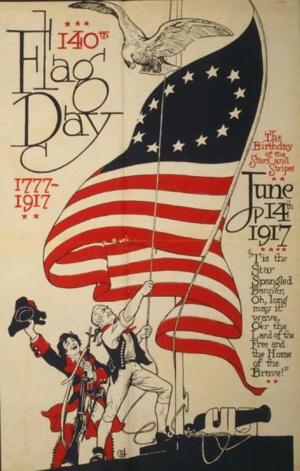The Life-Work of Flaubert From the Russian of Merejowski
Nonfiction, Religion & Spirituality, New Age, History, Fiction & Literature| Author: | Dmitry Sergeyevich Merezhkovsky | ISBN: | 9781465589705 |
| Publisher: | Library of Alexandria | Publication: | March 8, 2015 |
| Imprint: | Language: | English |
| Author: | Dmitry Sergeyevich Merezhkovsky |
| ISBN: | 9781465589705 |
| Publisher: | Library of Alexandria |
| Publication: | March 8, 2015 |
| Imprint: | |
| Language: | English |
Balzac in one of his novels gives utterance to the following thought: "Genius is a terrible disease. Every writer of genius cherishes in his heart a monster which devours all his emotions as soon as he gives birth to them. Which is to be the conqueror? Will the disease vanquish the man, or the man the disease? He must be a great man who can establish a perfect equilibrium between his genius and his character. Unless the poet be a giant, unless he be possessed of the shoulders of a Hercules, he must inevitably remain bereft of heart, or else bereft of talent." Here, unfortunately, Balzac breaks off his dissertation, and does not state what in his opinion is the cause of this disease of genius, why the development and power of the artistic personality stand in many respects in inverse ratio to the development and power of the moral type, or on what fundamental ground depends that primary antagonism between these two elements which is so often to be observed in the daily experience of life. Every one knows, for instance, that writers of talent, artists or musicians, are in the majority of cases men of the most unpractical nature, that their eccentricities and irresponsibility verge not uncommonly on complete moral disintegration, that they are bad fathers of families and bad husbands, and that while expressing great sensitiveness in the forcible language of their works, they very often show themselves in real life to be at heart hard and unfeeling egotists. An enquiry into the origin of the causes responsible for the deep contrast which exists between the æsthetic and ethical points of view, between the artist and the man, between genius and character, would undoubtedly open up one of the most interesting chapters in the history of creative psychology.
Balzac in one of his novels gives utterance to the following thought: "Genius is a terrible disease. Every writer of genius cherishes in his heart a monster which devours all his emotions as soon as he gives birth to them. Which is to be the conqueror? Will the disease vanquish the man, or the man the disease? He must be a great man who can establish a perfect equilibrium between his genius and his character. Unless the poet be a giant, unless he be possessed of the shoulders of a Hercules, he must inevitably remain bereft of heart, or else bereft of talent." Here, unfortunately, Balzac breaks off his dissertation, and does not state what in his opinion is the cause of this disease of genius, why the development and power of the artistic personality stand in many respects in inverse ratio to the development and power of the moral type, or on what fundamental ground depends that primary antagonism between these two elements which is so often to be observed in the daily experience of life. Every one knows, for instance, that writers of talent, artists or musicians, are in the majority of cases men of the most unpractical nature, that their eccentricities and irresponsibility verge not uncommonly on complete moral disintegration, that they are bad fathers of families and bad husbands, and that while expressing great sensitiveness in the forcible language of their works, they very often show themselves in real life to be at heart hard and unfeeling egotists. An enquiry into the origin of the causes responsible for the deep contrast which exists between the æsthetic and ethical points of view, between the artist and the man, between genius and character, would undoubtedly open up one of the most interesting chapters in the history of creative psychology.















